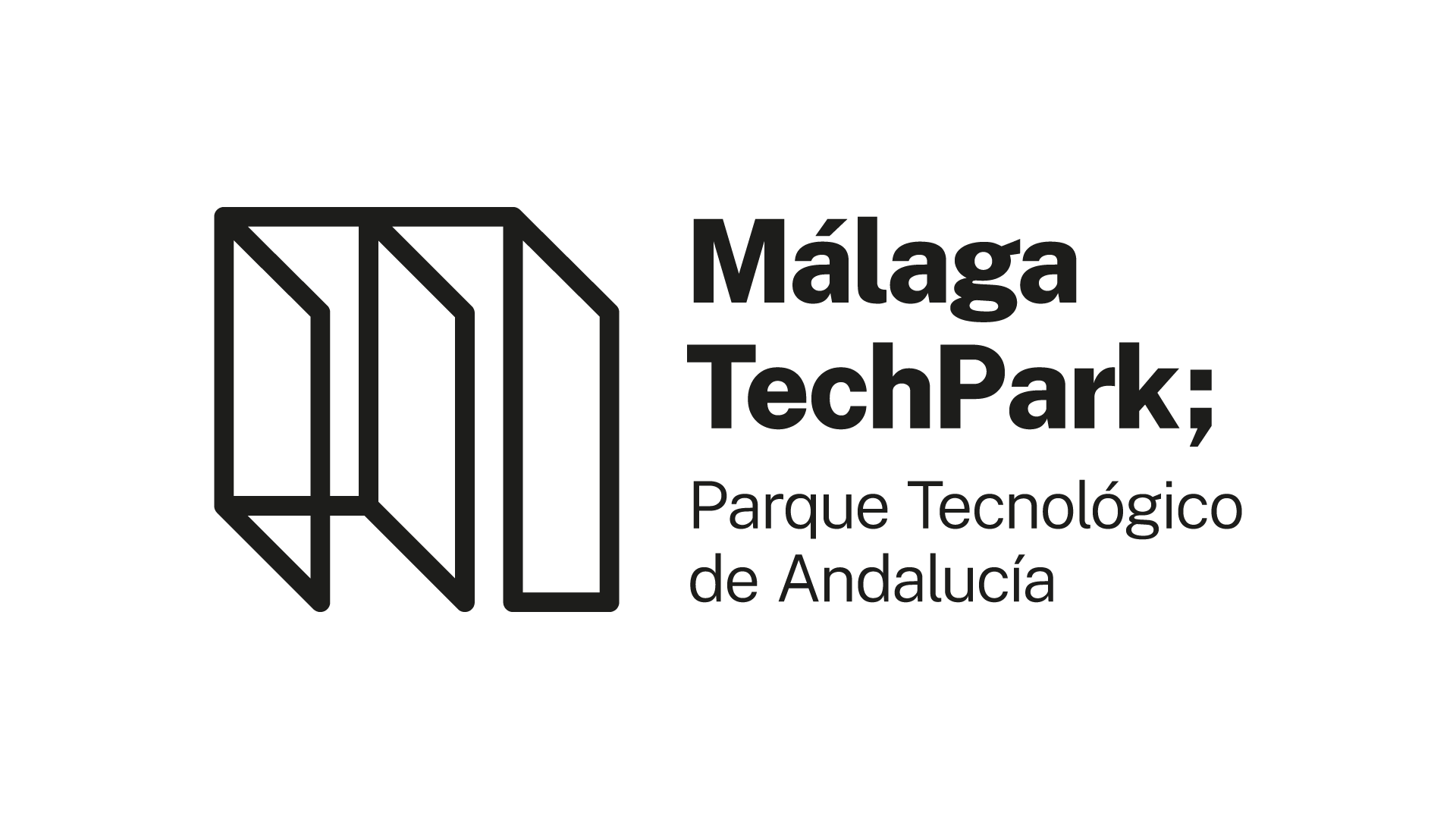-
This initiative, which includes Málaga TechPark aims to establish an innovative and continuously evolving European Multilevel Vocational Excellence, with a specific focus on enhancing accessibility for individuals with disabilities.
The European project AccessCoVE held its first meetings of the national and international focus groups. This initiative, which includes Málaga TechPark aims to establish an innovative and continuously evolving European Multilevel Vocational Excellence, with a specific focus on enhancing accessibility for individuals with disabilities. The project aims to foster excellence in Vocational Education and Training (VET) within the accessibility domain, addressing both current challenges and future needs for people with disabilities.
The consortium comprises 22 partners from 4 European countries (Greece, Sweden, Spain, and Italy), including universities, technology firms, consulting agencies, federations, and disability associations.
There is a pressing need to strengthen and organize VET programs related to accessibility. Key challenges include the absence of comprehensive VET curricula that integrate accessibility requirements and certify new specialized fields. Additionally, there is insufficient collaboration among diverse stakeholders and a lack of outreach initiatives aimed at promoting accessibility and inclusivity.
The initiative not only has several primary objectives, including establishing the most current, credible, and dependable resource for accessibility issues, but also introducing new professional roles: accessibility certifiers and accessibility consultants. Another goal is to establish a robust network of partners pooling their expertise in vocational training, accessibility research, and entrepreneurship.
The international working group on accessibility met last Thursday, July 11. This gathering facilitated the identification of practical skills and theoretical knowledge required by new accessibility consultant and certifier profiles to address current challenges and issues in their profession. The discussions covered areas such as physical accessibility, transportation, communication, public and private services, web accessibility, digital technologies, educational materials, and accessible tourism.
Following this, on Thursday, July 18, a meeting of the Spanish group was held, with a similar objective but on a national level. Representatives from various sectors participated, including businesses, educational institutions, development and certification authorities, as well as associations representing individuals with disabilities and seniors.

